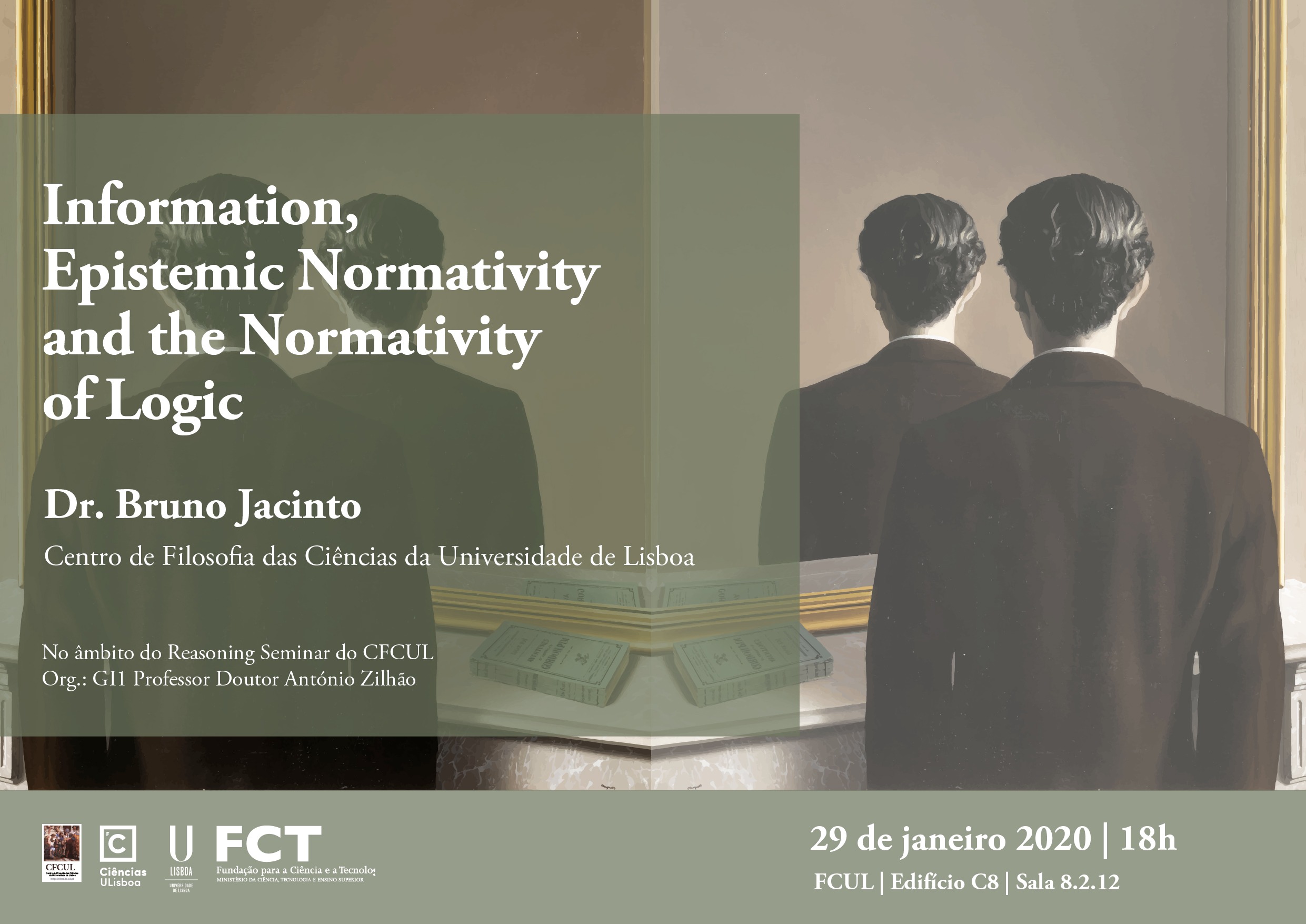
Abstract According to the information-theoretic view on belief and intentionality (Stampe 1979, Dretske 1981, Stalnaker 1984), part of what it is for a state of an agent to be a belief state is for it to be a state that tends, under optimal conditions, to carry information about the environment. In this talk the information-theoretic view is shown to support two epistemic norms, to wit, the truth norm of belief (Williamson 2000, Hattiangadi 2010, Sutton 2007), according to which it is epistemically obligatory to have only true beliefs, as well as the answer norm, according to which it is epistemically obligatory to be such that one believes a complete answer to a question if one understands the question (in a suitable sense of “understanding”). The truth and answer norms are shown to yield an interesting theory of the interaction between epistemic obligation, belief and metaphysical necessity. It is also shown that the expansion of this theory to a theory of the interaction between epistemic obligation, belief and logical consequence, consists of a theory predicting the truth of a number of interesting conditionals relating claims of logical consequence with statements concerning epistemic obligation and belief.